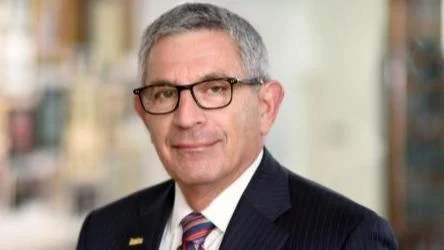
Texas Children's Global HOPE and Baylor College of Medicine Global Health, supported by the Bristol Myers Squibb Foundation, have announced a new program to combat sickle cell disease (SCD) in Sub-Saharan Africa. This initiative aims to improve children's health in the region by addressing SCD, a leading cause of childhood illness and death.
Sickle cell disease is an inherited disorder affecting red blood cells, characterized by anemia, pain episodes, strokes in childhood, and early death from infections. In 2023, around 7.7 million people were living with SCD globally, with over 80% residing in Sub-Saharan Africa. The initial phase will launch programs in Tanzania and Uganda.
In Tanzania, the program will collaborate with local health organizations under the Sickle Cell Access and Lifelong Care Program (SCALE) to enhance survival rates through early screening and accessible treatment. In Uganda's rural Kayunga region, a similar initiative will integrate SCD care into primary health services.
This effort is part of a broader pan-African strategy to build local healthcare capacity. It focuses on integrating essential interventions into primary care: infant screening for SCD at birth or vaccination visits, timely vaccinations and penicillin administration to prevent infections, and hydroxyurea supply to reduce blood cell sickling complications. Local health workers will receive training to ensure sustainable care delivery.
The program builds on a 25-year partnership between Baylor College of Medicine Global Health, Texas Children’s Global Health, and the Bristol Myers Squibb Foundation that began with HIV/AIDS initiatives in 1999. Since launching its Global HOPE Program in 2016 for cancer and blood diseases like SCD across Africa, Texas Children’s has trained numerous specialists who provide care for thousands of children annually.
Dr. Joseph Lubega emphasized the urgent need for integrated interventions within existing primary health systems: “In response to the outcry by the public and Ministries of Health...we have resolved to depart from the status quo...These children and families cannot wait any longer.”
Catharine Grimes noted challenges faced by families outside urban centers: “Families in Sub-Saharan Africa know the devastating impact...Our new initiative will integrate lifesaving early-stage interventions into primary care facilities...empowering local health workers.”